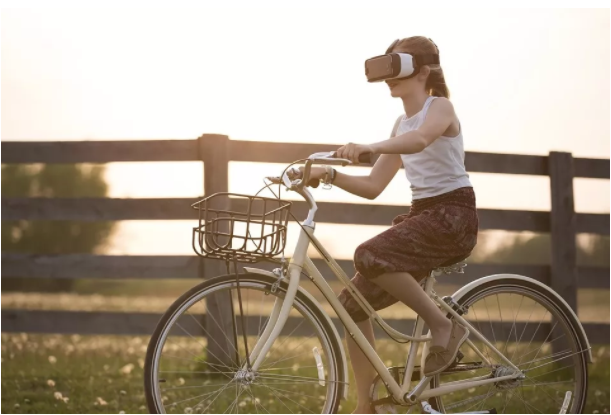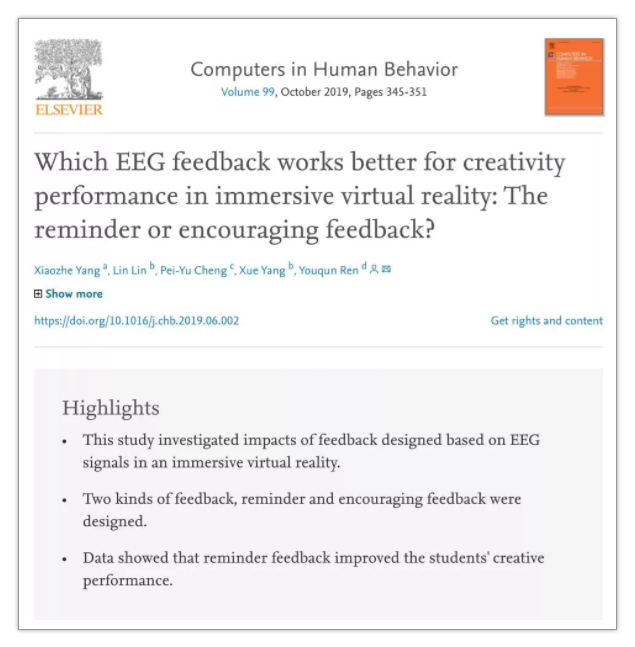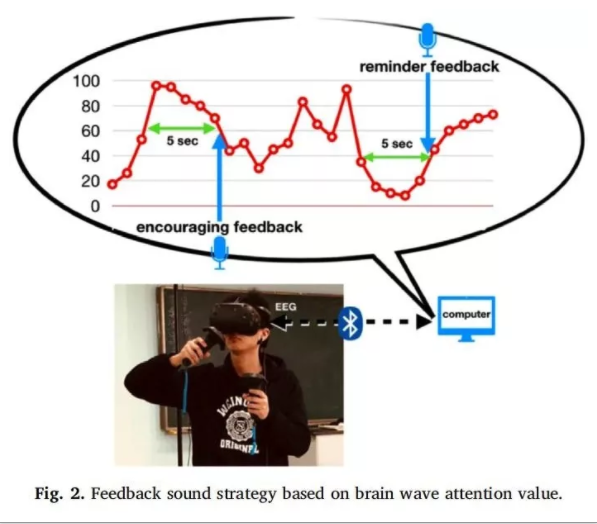Will Intelligence and Personalization Make Us More Creative? The Latest Research of Dr.Yang Xiaozhe from ICI Reveals the "Voice" from the Brain
2019-10-14


The reason why people are special
Lies in creativity
People are full of curiosity about creativity

SO...
What is the state of mind and brain when people are creating?
Can we make ourselves more creative?
How does the feedback we receive in creation affect our creative process?

Adhering to the professional belief of “For curriculum, For students, For the future”, ICI has been paying close attention to the trend of intelligence and personalization in the teaching and learning process. Based on rigorous empirical research of brain science and learning science, ICI is also committed to explore the key mechanism of how to cultivate creativity and other future-oriented new literacy in the future curriculum and instruction. ICI hopes that these academic contributions will not only lead the development of international frontier fields, but also scientifically and effectively guide the reform of curriculum and instruction in the future.

Recently, the research group led by Dr. Yang Xiaozhe of ICI published a research result entitled “Which EEG feedback works better for creativity performance in immersive virtual reality: The reminder or encouraging feedback?” in Computers in Human Behavior, unveiling the mystery of creativity by immersing virtual reality technology and brainwave technology. In virtual reality, researchers can observe the behavior sequence, psychology and brain state of participants more comprehensively, and make personalized feedback based on brainwave signals. The research results provide new research methods and EEG evidence for how to use feedback to cultivate creativity, and will be further applied to intelligent and personalized teaching scenes in the future.



Dr. Yang Xiaozhe
Associate Researcher, ICI, ECNU




Are you curious about the key content of the article?

On the basis of a series of previous studies, this study further explores the influence mechanism of creativity. The purpose of this study is to explore whether the feedback based on brainwave signal (EEG) is helpful to the expression of individual creativity.

The whole experiment places the participants in the world of virtual reality and collects the participants' brainwave signals through brainwave devices. Sixty high school students were randomly assigned to the Open Work Design Challenge.

In the process of designing the work, two specific forms of feedback were used. The first is “reminder feedback”, which gives audible feedback when brainwaves show that the participants are not paying attention. The second is “encouraging feedback”, which gives encouraging voice feedback when the brainwaves show that the participants are very focused.



The sixty high school students were divided into groups, 20 participants received no feedback, 20 participants received reminder feedback, and another 20 participants received encouraging feedback. The results showed that the group of participants who received reminder feedback performed better in terms of creativity than those who did not receive or encourage feedback. In addition, brainwave-based feedback can also affect the participants’ attention and flow state.

Want to know more about this research field?

So far, Dr. Yang Xiaozhe and his research group have published a series of articles in this field:

1. Yang, Xiaozhe., Lin, L., Cheng, P.-Y., Yang, X., Ren, Y., & Huang, Y.-M. (2018). Examining creativity through a virtual reality support system. Educational Technology Research Development, 66(5), 1231-1254.
2. Yang, Xiaozhe., Cheng, P.-Y., Lin, L., Huang, Y. M., & Ren, Y. (2018). Can an Integrated System of Electroencephalography and Virtual Reality Further the Understanding of Relationships Between Attention, Meditation, Flow State, and Creativity? Journal of Educational Computing Research, 57(4), 846–876.
3. Yang, Xiaozhe., Lin, L., Cheng, P.-Y., Yang, X., & Ren, Y. (2019). Which EEG Feedback Works Better for Creativity Performance in Immersive Virtual Reality: The Reminder or Encouraging Feedback? Computers in Human Behavior, 99(10),345-351.